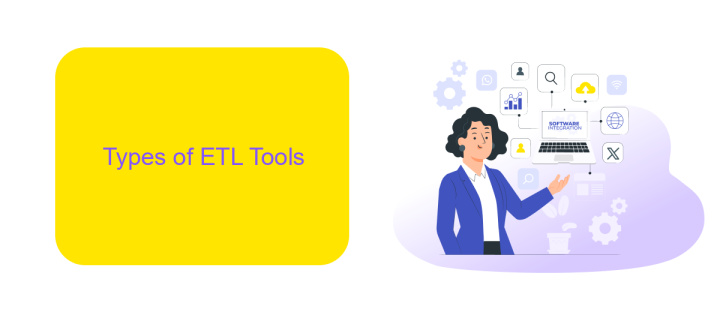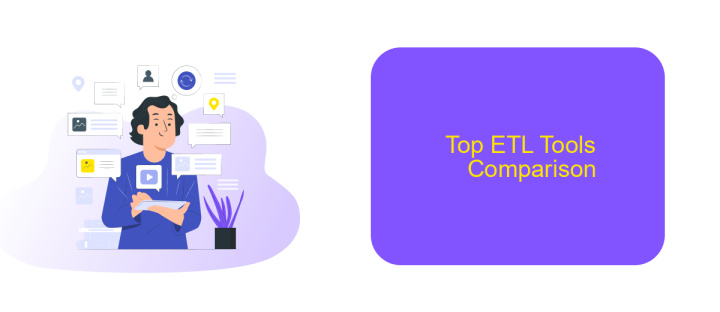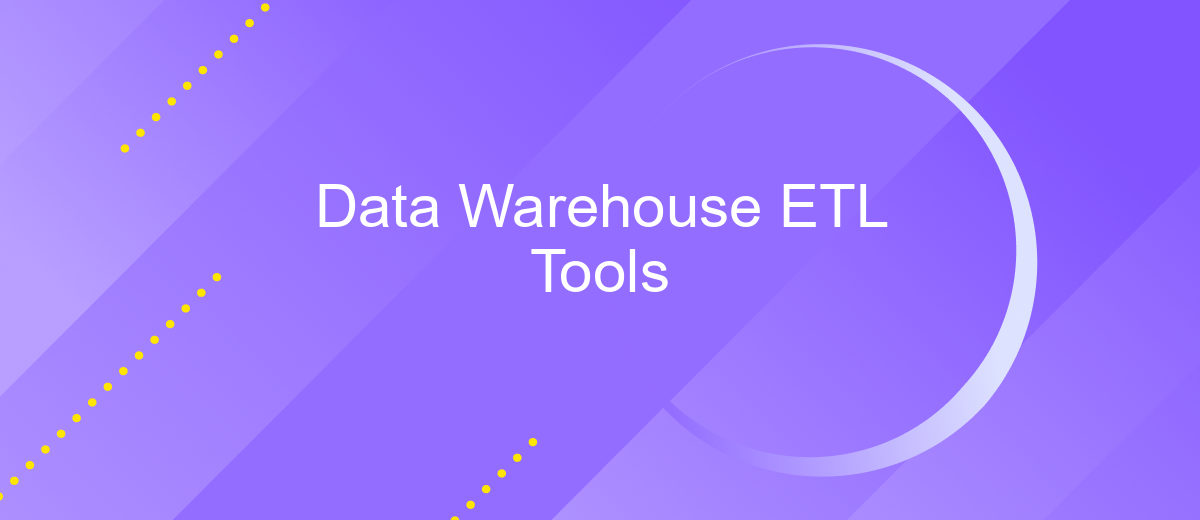Data Warehouse ETL Tools
Data Warehouse ETL (Extract, Transform, Load) tools are essential for efficiently managing and processing large volumes of data. These tools facilitate the extraction of data from various sources, its transformation into a suitable format, and its loading into a data warehouse. This process ensures that businesses have access to high-quality, actionable information for decision-making and strategic planning.
Introduction
Data Warehouse ETL tools are essential for managing and optimizing the flow of data within an organization. These tools facilitate the extraction, transformation, and loading of data from various sources into a centralized repository, enabling efficient data analysis and reporting. As businesses continue to generate vast amounts of data, the importance of robust ETL tools cannot be overstated.
- Extraction: Gathering data from diverse sources.
- Transformation: Converting data into a usable format.
- Loading: Importing data into the data warehouse.
One of the services that can streamline the integration process is ApiX-Drive. This platform offers a user-friendly interface for connecting various applications and automating data workflows without the need for complex coding. By leveraging ApiX-Drive, organizations can enhance their ETL processes, ensuring that data is accurately and efficiently moved to the data warehouse, thus supporting better decision-making and operational efficiency.
Types of ETL Tools

ETL tools can be broadly classified into three categories: open-source, commercial, and cloud-based solutions. Open-source ETL tools, such as Apache Nifi and Talend Open Studio, are cost-effective and offer flexibility with extensive customization options. These tools are ideal for organizations with skilled technical teams capable of handling complex data transformation tasks. However, they may require more time and effort to set up and maintain.
Commercial ETL tools, like Informatica PowerCenter and Microsoft SQL Server Integration Services (SSIS), provide robust features, technical support, and regular updates. These tools are suitable for enterprises needing reliable performance and scalability. Cloud-based ETL tools, such as ApiX-Drive, offer seamless integration with various data sources and applications, enabling businesses to automate data workflows without extensive coding. These tools are highly scalable, easy to deploy, and ideal for organizations looking to leverage the flexibility and cost-efficiency of cloud infrastructure. ApiX-Drive, for instance, simplifies the integration process, allowing users to connect multiple applications and automate data transfers effortlessly.
Key Features to Consider

When selecting a Data Warehouse ETL tool, it's crucial to evaluate several key features to ensure it meets your business needs. These features can significantly impact the efficiency and effectiveness of your data management processes.
- Scalability: The tool should be able to handle increasing data volumes without compromising performance.
- Integration Capabilities: Ensure the tool can seamlessly integrate with various data sources and third-party services. For instance, ApiX-Drive offers robust integration options that simplify the connection process.
- Data Transformation: Look for advanced transformation capabilities to clean, enrich, and structure data according to your requirements.
- Automation: The ability to automate ETL processes can save time and reduce errors, enhancing overall productivity.
- Security: Data security is paramount. The tool should offer strong encryption and compliance with relevant data protection regulations.
Considering these features will help you choose an ETL tool that not only fits your current needs but also scales as your business grows. With tools like ApiX-Drive, you can streamline integrations and enhance the efficiency of your data workflows.
Top ETL Tools Comparison

In the realm of data management, choosing the right ETL (Extract, Transform, Load) tool is crucial for efficient data warehousing. ETL tools streamline the process of gathering data from various sources, transforming it into a usable format, and loading it into a data warehouse for analysis. With numerous options available, it's essential to compare the top ETL tools to find the best fit for your organization's needs.
Several factors must be considered when comparing ETL tools, including ease of use, scalability, integration capabilities, and cost. Some tools offer advanced features such as real-time data processing and extensive support for various data sources, while others focus on simplicity and user-friendly interfaces. In this comparison, we will highlight the top ETL tools that stand out in the market.
- Informatica PowerCenter: Known for its robust performance and comprehensive data integration features.
- Talend: Offers open-source solutions with a wide range of connectors and components.
- Microsoft SSIS: A cost-effective option with seamless integration into the Microsoft ecosystem.
- ApiX-Drive: Simplifies the integration process with its user-friendly interface and extensive support for various applications.
- Apache Nifi: Provides real-time data processing capabilities and a flexible, scalable architecture.
Ultimately, the best ETL tool for your organization will depend on your specific requirements and existing infrastructure. Tools like ApiX-Drive can be particularly beneficial for businesses looking to streamline their integration processes with minimal technical overhead. By carefully evaluating the features and capabilities of each tool, you can make an informed decision that enhances your data management strategy.


Conclusion
In conclusion, the selection of appropriate ETL tools for data warehouses is a critical decision that can significantly impact the efficiency and effectiveness of data management processes. These tools facilitate the extraction, transformation, and loading of data from various sources into a centralized repository, ensuring data consistency and availability for analysis. The right ETL tool can streamline data workflows, improve data quality, and enhance business intelligence capabilities.
Moreover, integrating ETL tools with other services, such as ApiX-Drive, can further optimize data integration processes. ApiX-Drive provides a seamless way to connect various applications and automate data transfers, reducing manual efforts and minimizing errors. By leveraging such integrations, organizations can achieve a more agile and responsive data infrastructure, enabling quicker insights and better decision-making. Ultimately, the strategic use of ETL tools and integration services is essential for maintaining a robust and scalable data warehouse environment.
FAQ
What is an ETL tool in the context of Data Warehousing?
Why are ETL tools important for Data Warehousing?
What are some common features of ETL tools?
How do ETL tools handle data transformation?
Can ETL tools integrate with cloud-based data sources?
Time is the most valuable resource in today's business realities. By eliminating the routine from work processes, you will get more opportunities to implement the most daring plans and ideas. Choose – you can continue to waste time, money and nerves on inefficient solutions, or you can use ApiX-Drive, automating work processes and achieving results with minimal investment of money, effort and human resources.

